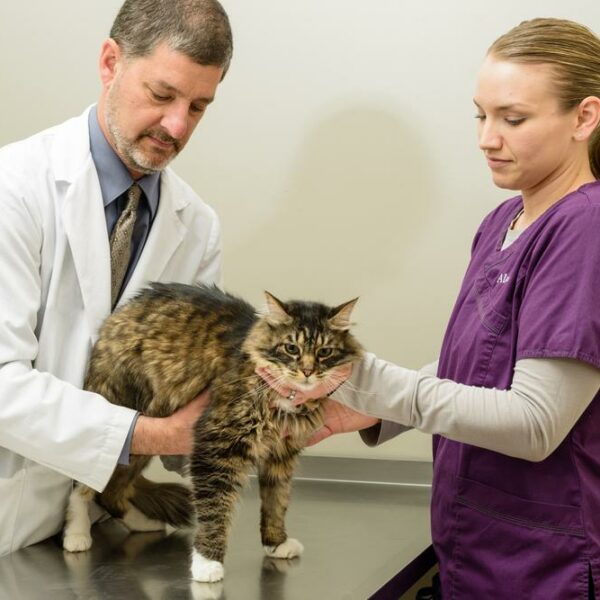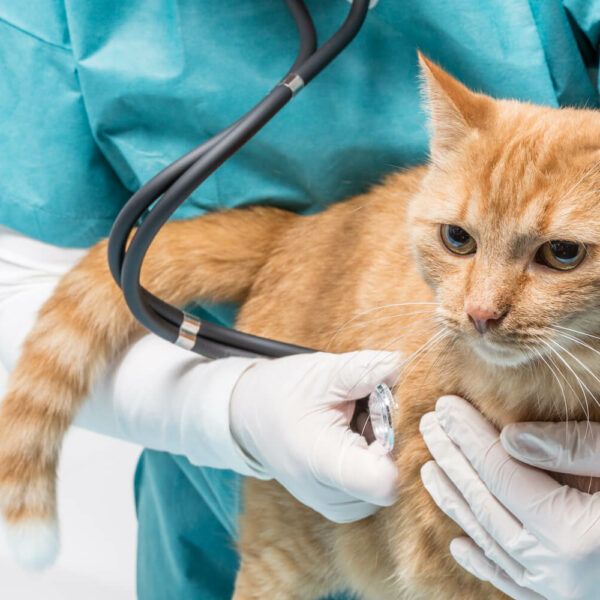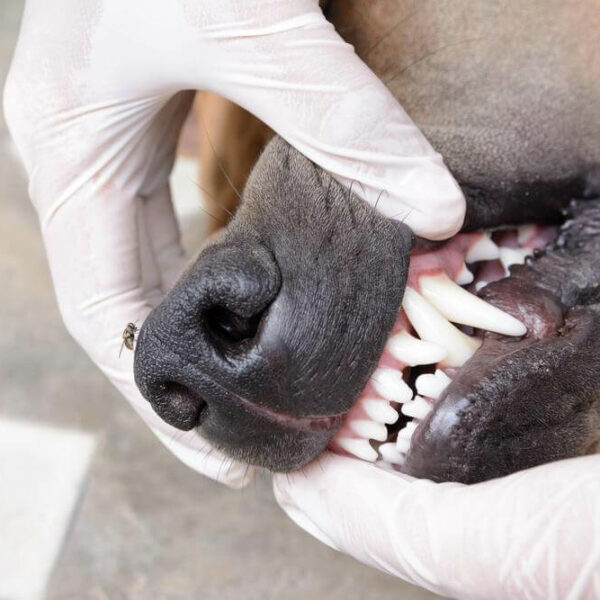
8 things to remember while choosing pet insurance
Like you, your pet too is vulnerable to various health scares and accidents. This is why you should protect your pet’s health by opting for a pet insurance. However, before you purchase a pet insurance, you must be aware of the following factors, so that you can make an informed and secured choice. Out of pocket costs The out of pocket costs that you have to pay for the insurance is not same for all the pets. It varies according to the breed, age and any health conditions of your pet. Based on these factors your pet insurance company will decide the deductibles, monthly premiums and copays you have to incur. Claim process Usually for a pet insurance, you must make all the payments to your veterinarian, and then submit all the relevant bills and documents to your respective insurance provider. Coverage restriction There are certain kinds of health conditions that might be excluded from the pet insurance coverage plan. This can mostly include health issues which have been present since the pet’s birth or genetic diseases. Your pet insurance also might not include periodontal diseases, as they are considered to be health conditions which can be easily averted. Types of pet insurance Usually the insurance market offers 3 types of pet insurance Lifetime cover This kind of insurance covers your pet for the rest of their life.




